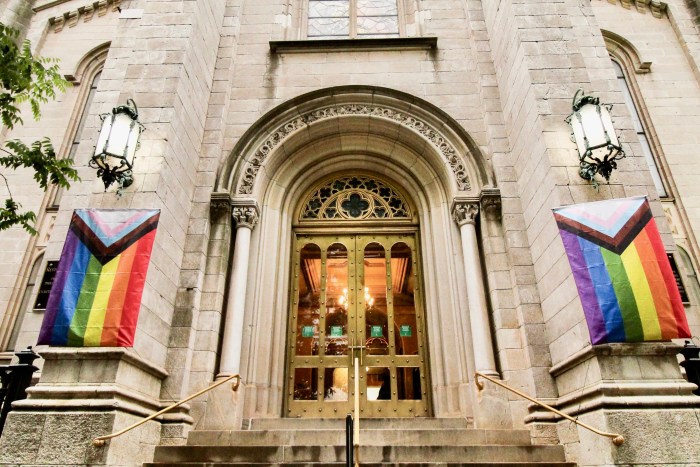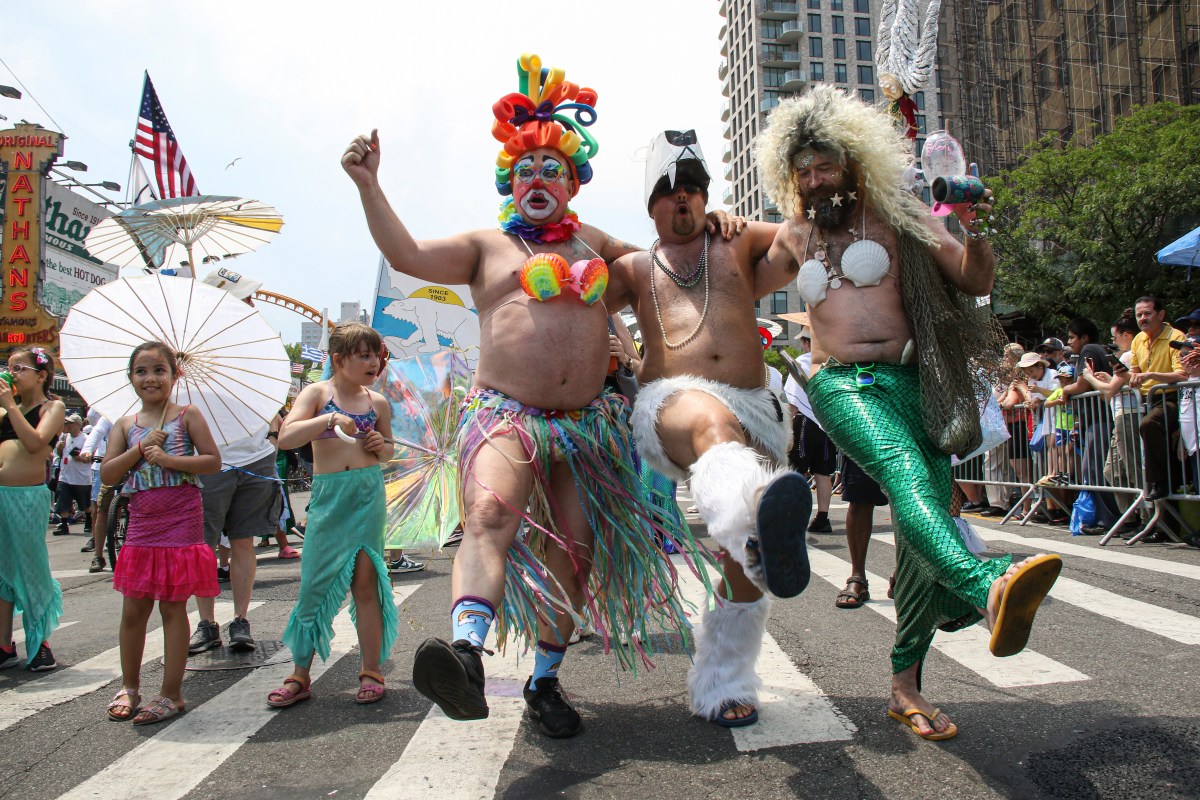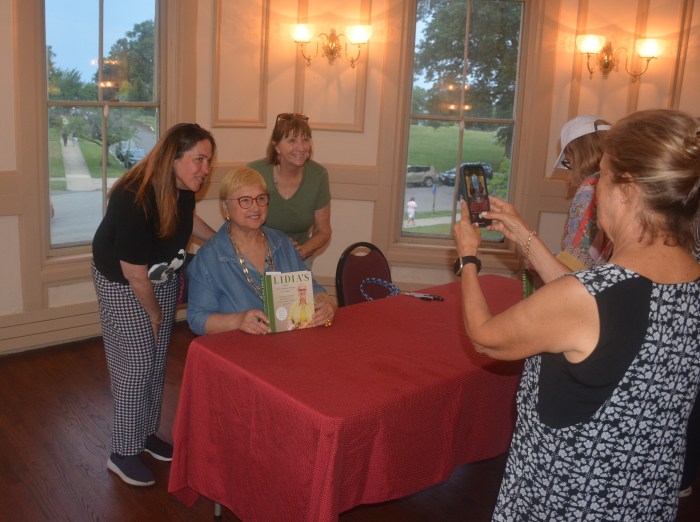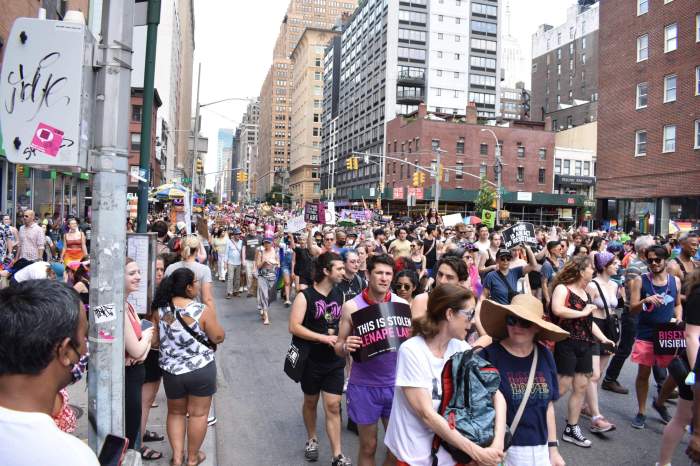By Melissa Korn
Brimming with twists usually reserved for pulp novels or checkout-counter romances, this book recounts the affair of Burdell and Emma Cunningham, a widow desperate for a partner to provide her and her five children with a certain level of material comfort.
Burdell, whom Feldman describes as a “fratricidal sociopath” after meticulously detailing his heartless attempts to swindle his brothers, welcomed Cunningham’s advances with the mistaken belief that she was wealthy from her first marriage. She ended up pregnant, begging for marriage; he wanted out and demanded an abortion. The increasingly pathetic Cunningham submitted to his wishes but continued to plead for a commitment, even taking him to court on the matter. A pretty young cousin entered the picture, jealousy raged, Burdell grew more frustrated with Cunningham’s advances and Cunningham with Burdell’s avoidance, and it all came to a head on Jan. 31, 1857.
Burdell’s body was found in his dental office riddled with multiple stab wounds, and Cunningham and a fellow boarder in their house, purported to be her lover, were charged with the heinous crime.
Pouring through scores of primary and secondary sources, the author does an absolutely tremendous job of bringing the 150-year-old story to life. Drawing from newspaper articles, court documents, sermons and pamphlets, Feldman carries the reader from the coroner’s inquest — conducted in the dead dentist’s examining chair — to Burdell’s and Cunningham’s childhoods to their calculating courtship and, ultimately, back to the inquest, trial and fight over Burdell’s estate.
While the chronology is sometimes difficult to follow, as the author shifts between a meta-history of mid-century New York and that world through the couple’s eyes, those hiccups are worth the trouble. By weaving their tale into the larger story of a time of great social upheaval, when new wealth begat new freedoms for both men and women, Feldman attaches real people to the drama of meddling society’s dirty little secrets.
One of the most entertaining sections of the book follows the pair to Saratoga Springs for a summer holiday. Adopting language of competition and warfare, Feldman shows that everyone visiting the upstate getaway has a clear agenda, literally hunting their next kill. Love plays no role in this “competition for mates and fortunes.” Women like Cunningham went there to find men who could support them, just as men did for themselves.
With references to sexually transmitted diseases, hovering lowlifes waiting to pounce the moment they arrived at the train station and issues of money lurking behind every calculated move, Feldman’s portrayal of Saratoga leaves one to think it was nothing more than a Sin City for the upper crust, which it was in many ways.
“Butchery on Bond Street” isn’t all about sex and money, though. Politics is key, as Democrats and Republicans used the trial as a pawn in a battle over local law and order. The final chapters read like a legal thriller and soap opera in one, with scheming officials and “gotcha!” moments. As A. Oakey Hall and Samuel Tilden rise, Cunningham falters as a pathetic, desperate — and perhaps sympathetic — woman, going to phenomenal lengths to prove her innocence and claim some of Burdell’s estate.
It takes Feldman some time to find his literary style, but after trudging through the too-dense first chapter, where he parades a dizzying number of characters across the pages, “Butchery on Bond Street” becomes truly gripping.


































